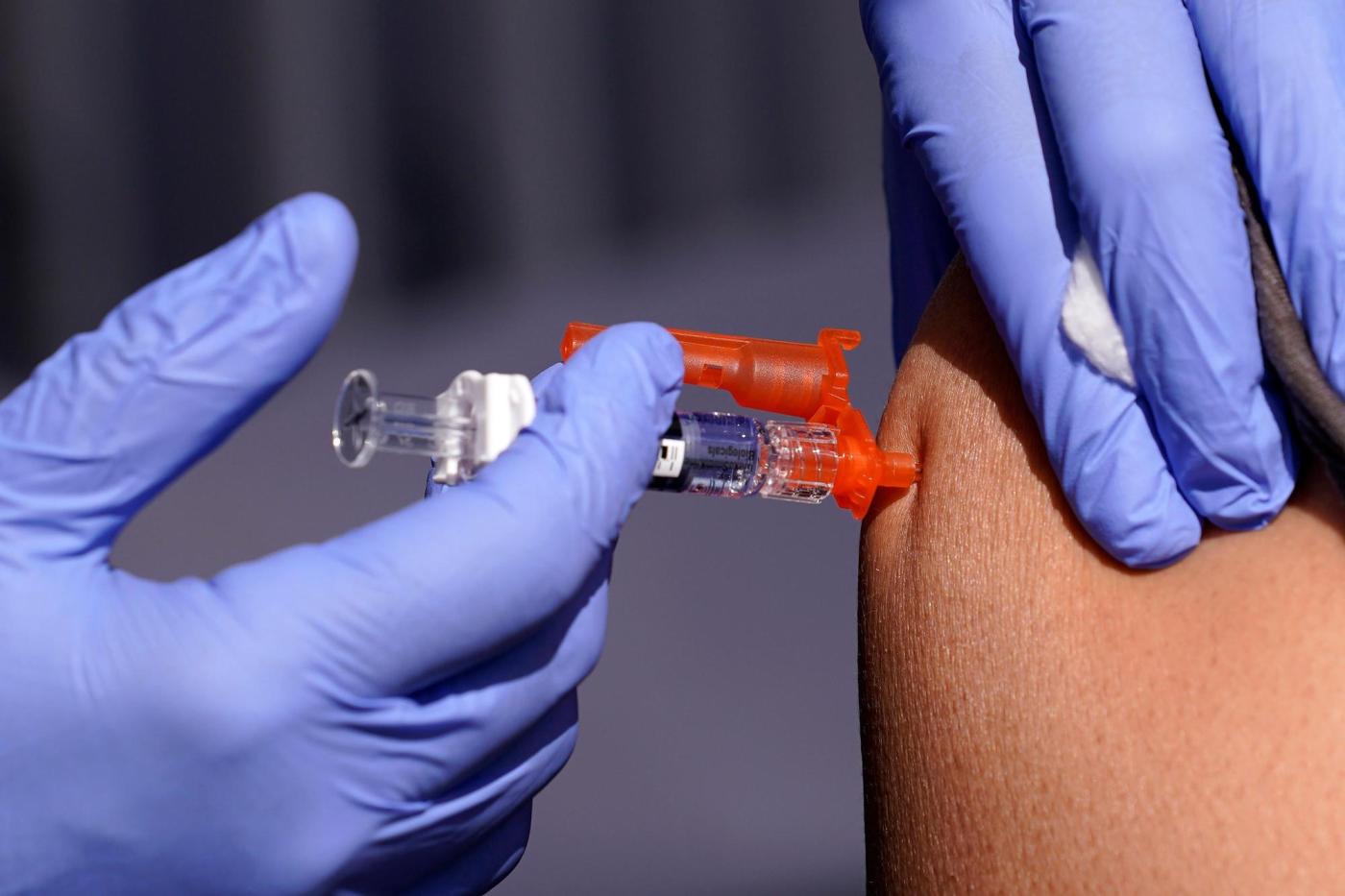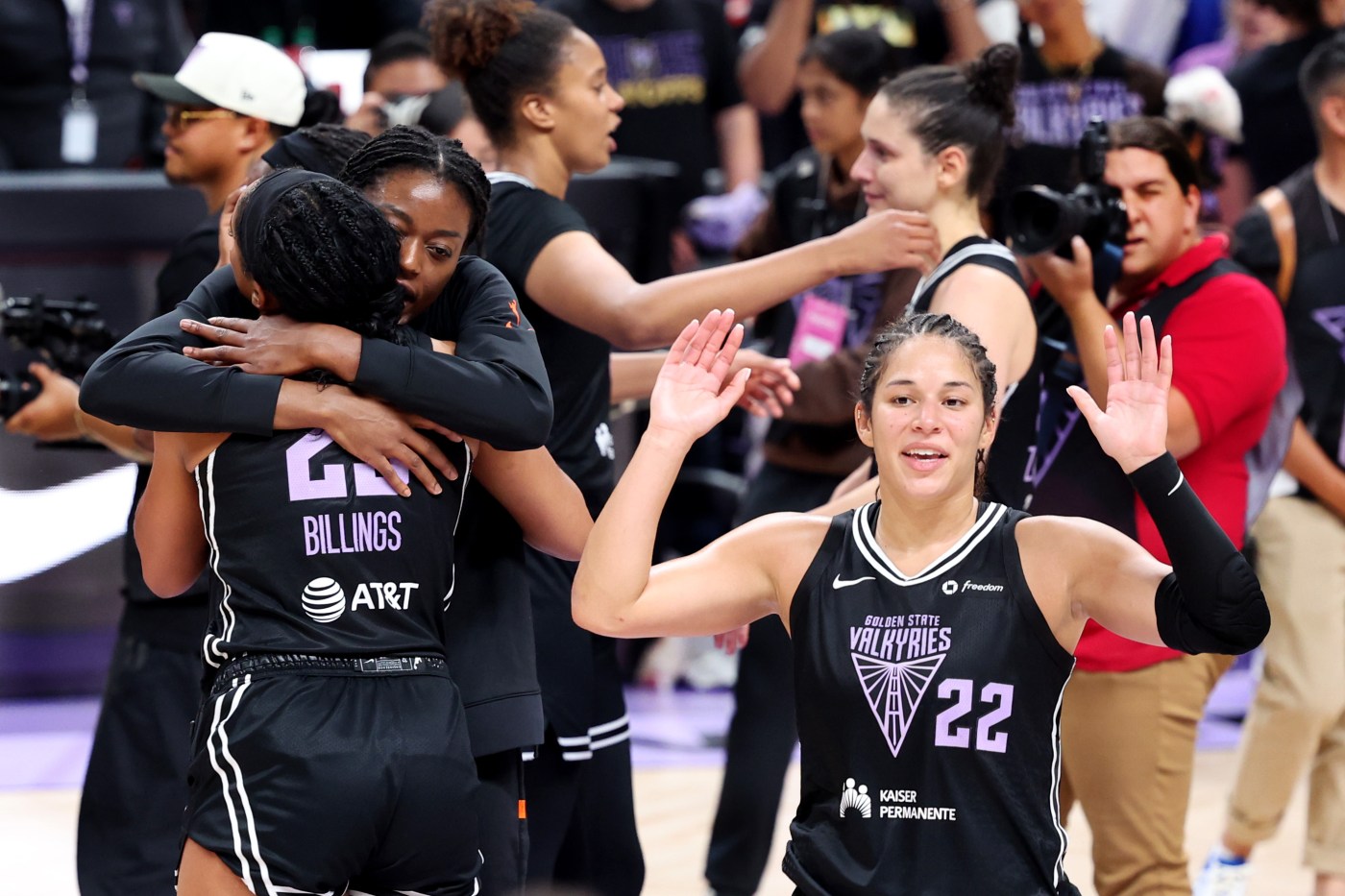The U.S. Department of Health and Human Services is considering a rule that sounds like commonsense rigor: require every new or updated vaccine to run a placebo-controlled trial. The mandate would affect even routine flu strain updates — the yearly tweaks that let Bay Area pharmacists offer the right shot each fall.
The idea might please critics who insist vaccines “aren’t really tested,” but it would do real harm. Across our nine counties in the Bay Area, providers administered about four million flu vaccine doses last year. A months-long delay would leave thousands of residents facing another winter with weaker protection.
Local biotech start-ups working on needle-free patches or heat-stable shots would suddenly need multimillion-dollar placebo studies they can’t afford. Innovation would stall just as the region tries to stay at the forefront of next-generation vaccine technology.
Placebos are indispensable when no preventive exists or when skipping vaccination poses little risk. Once a proven vaccine is available, giving volunteers a saltwater placebo isn’t better science; it’s withholding proven protection. The World Medical Association’s Declaration of Helsinki and the World Health Organization are clear: when a standard of care exists, control groups should receive it.
Regulators already follow that rule. Each spring, manufacturers update the flu shot and run quick studies that measure immune response or compare the new formula to last year’s vaccine. These trials finish in months, not years, so reformulated doses reach pharmacy shelves every autumn instead of every few years.
With colleagues, I curate an open, crowd-sourced spreadsheet that tracks controlled vaccine trials. It now lists 233 randomized studies involving approximately 2.3 million participants. Researchers used plain saltwater placebos in two-thirds of them; the rest either removed just the active ingredient or compared the new vaccine to the one already available. Scientists choose the control type that best fits the question and meets ethical standards. A blanket placebo mandate would replace that careful judgment with red tape.
History tells the same story. Jonas Salk’s polio shot was tested against placebo in 1954 because nothing else existed. Six years later, Albert Sabin’s oral polio vaccine was compared against Salk’s shot, not saltwater, because withholding protection had become unethical.
Early measles vaccines likewise needed placebos, but once a reliable vaccine was available, new versions were tested against it instead. The pattern is clear: placebos for breakthroughs, proven vaccine comparisons once a standard exists.
Related Articles
‘One of the most contagious diseases’: Bay Area health officials warn about possible measles exposure
Trump administration cancels $766 million Moderna contract to fight pandemic flu
Will you be able to get a COVID-19 shot? Here’s what we know so far
A new variant of COVID-19 may be driving up cases in some parts of the world
RFK Jr. says Covid-19 shot will no longer be recommended for healthy children and pregnant women
If the draft rule takes effect, even a minor tweak in an RSV booster could require a new placebo study that drags past the winter surge. Those delays translate into hospital stays, missed school days and preventable deaths.
Supporters say they want “good clinical data.” But modern trial designs can already measure immune protection, compare safety, and catch side effects while still giving every participant an effective vaccine. Throwing out that toolbox for a single hammer sacrifices precision for show – and hands anti-vaccine activists ammunition by implying earlier approvals cut corners.
We should keep placebo controls for first-in-class vaccines or questions that can’t be answered any other way. When an effective vaccine already exists, new versions should be tested against that proven vaccine instead. That balanced approach produced today’s pneumococcal vaccines, safer whooping cough boosters, and successive generations of flu vaccines, none of which forced volunteers to forgo standard of care.
Vaccines wiped out smallpox, pushed polio to the brink of extinction and saved millions of lives during Covid-19 because scientists, ethicists and regulators preserved a hard-won balance between speed and safety. The Bay Area has led the world in biomedical advances by keeping that balance. Abandoning it now would leave us with fewer tools for the next threat – and more preventable suffering in the meantime.
Jake Scott is an infectious diseases physician at Stanford University School of Medicine and coordinates an open-access database of controlled vaccine trials.





